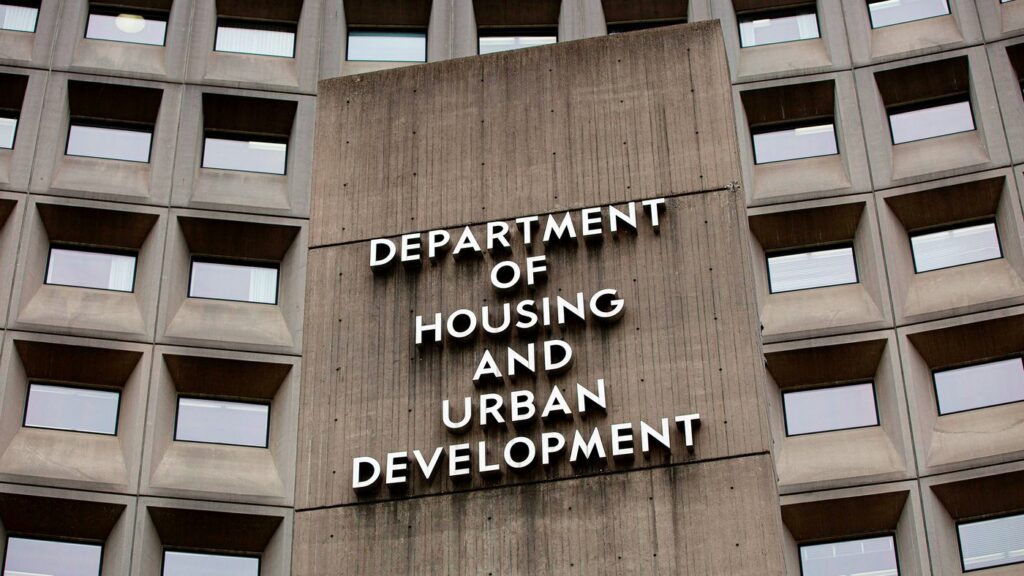According to reporting by Atlanta News First and a recent court filing, more than 4,000 federal employees have been laid off as a result of the ongoing government shutdown, including 442 people from the Department of Housing and Urban Development (HUD). The move, part of broader staff cuts ordered by the Trump administration, has raised concerns about how it could affect essential housing programs and the broader housing market.
For HUD, these layoffs hit at the heart of day-to-day operations. With fewer staff, critical work like processing housing assistance, overseeing public housing, managing grants, and enforcing fair housing rules will likely slow down. Local governments and nonprofits that rely on HUD funding could see project delays or stalled approvals, creating uncertainty for developers, lenders, and communities counting on those resources, according to the National Association of Homebuyers, which recently put out a blog post titled, “How the Government Shutdown Will Affect Housing.”
The timing is particularly tough for low-income families and renters, who depend most on HUD’s programs. Any disruption in services—even short-term—can mean postponed repairs, delayed rental assistance, or fewer resources for housing stability.
Housing experts say the situation underscores how much the nation’s housing ecosystem depends on steady federal support. When that support falters, the effects ripple quickly, from federal offices all the way down to neighborhood housing projects.
Though homeowners already in the process of applying for a mortgage may experience delays, they should not see a total disruption in the process.
“If you’re expecting to close in a week or a month, there could be some slight delay, but I think for most people, it’s probably going to be a blip more than a real deal killer,” said Bankrate’s Jeff Ostrowski.
Meanwhile, labor unions are pushing back, arguing HUD’s layoffs were illegal and improperly handled. Their legal challenge could determine whether some of these workers are reinstated—and how future shutdowns handle federal housing staff.








